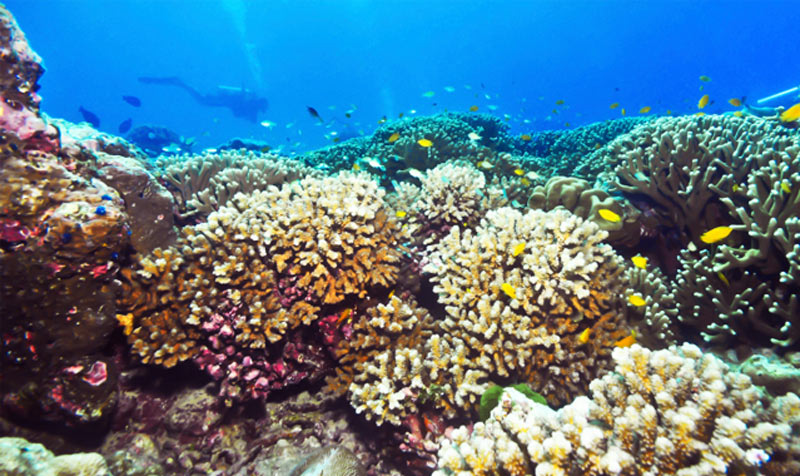×
The Standard e-Paper
Fearless, Trusted News

Stakeholders in Coast region have developed guidelines for the restoration of destroyed coral reefs, starting with the fishing village of Wasini in Kwale County.
The guidelines involve awareness creation, training, identification of degraded reefs, a baseline survey of the targeted areas and construction of nursery beds.